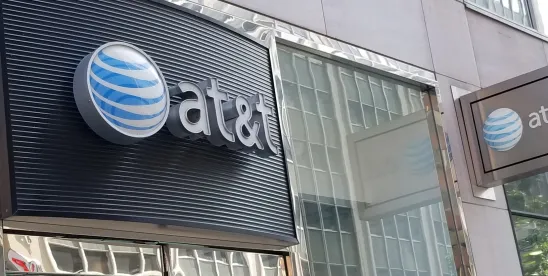AT&T is facing a class action lawsuit in Florida, alleging that the company failed to cease unwanted solicitation calls even after consumers expressly requested them to stop. The suit, filed under the Telephone Consumer Protection Act (TCPA), includes two plaintiffs, Elsa Keidan and Garrick S. Keidan, who claim they received numerous unsolicited calls from AT&T or its agents.
The complaint states that the calls continued despite the Keidans’ requests for them to end, suggesting that the calls were made automatically rather than by human operators. This detail is significant, as it raises questions about the company’s compliance with regulations intended to protect consumers from harassment via unsolicited phone calls.
The lawsuit seeks to represent members of four distinct classes, including two TCPA classes and two classes under the Florida Telephone Solicitation Act (FTSA). While the exact number of affected individuals remains unclear, the potential financial implications for AT&T are substantial. Damages could reach up to $1,500.00 per call for class members, potentially resulting in significant liabilities for the telecommunications giant.
Legal representation for the plaintiffs includes experienced attorneys Seth M. Lehrman and Joshua H. Eggnatz, who are known for their work in consumer protection cases, although they are not among the most prominent figures in the field. The outcome of this case could elevate their standing should they achieve a substantial victory against AT&T.
The implications of this lawsuit extend beyond the financial realm. It highlights ongoing consumer frustrations with unsolicited calls and the challenges of enforcing existing protections under the TCPA and FTSA. As technology evolves, the methods companies use to reach potential customers continue to come under scrutiny, prompting a re-evaluation of best practices in customer engagement.
As the case progresses, it will be important to monitor how AT&T responds to these allegations and whether further actions will be taken by other affected consumers. The full complaint is available for review, providing detailed insights into the claims made against AT&T and the legal arguments being presented.
With the stakes high, this lawsuit may serve as a pivotal moment for consumer rights regarding unsolicited communication practices. The court’s decision could set a precedent for how companies manage customer outreach in the future, emphasizing the importance of respecting consumer requests.







